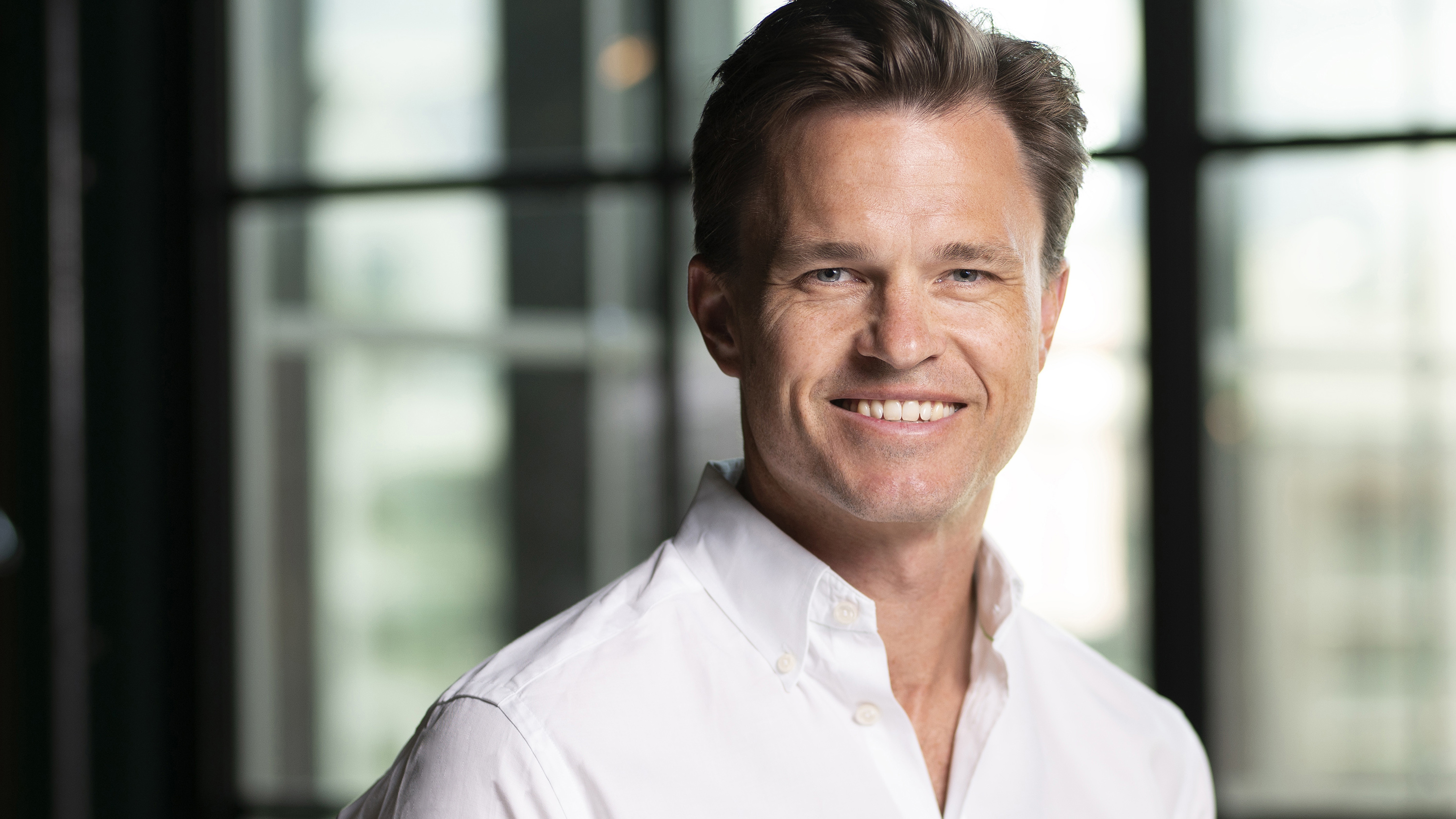Northvolt continues to charge up its growth ambitions

The Swedish battery manufacturer has used a range of capital raising structures since 2017 to fund its expansion. Shanny Basar reports.
In July 2022, Northvolt issued a $1.1bn convertible bond to finance the expansion of its battery cell and cathode material production in Europe. As a result, the Swedish company, which manufactures batteries for use across a range of industries, including electric vehicles, has raised close to $8bn in both equity and debt since 2017, in order to support its aim of making the world’s greenest batteries. By using clean energy to power its manufacturing processes, Northvolt reduces the carbon footprint of battery production by 80%, compared with batteries produced using energy from coal.
In a previous funding round in June 2021, it raised $2.75bn in equity in a private placement. Northvolt chief financial officer (CFO) Alexander Hartman gave several reasons for turning to a convertible bond for the company’s latest capital increase.
“We are a very fast-growing company, and there are many things happening and evolving all the time,” he says. “Since our last funding round we have initiated growth projects and signed some big collaborations, such as a joint venture with Volvo Cars, so we wanted to avoid the pricing discussion, and this was overlaid with the market turmoil.”
The convertible bond was also attractive to Northvolt’s current and new investors, who liked the return profile and the instrument’s downside protection. As a result, Northvolt was able to raise $1.1bn, a little higher than its initial target, in a deal led by Goldman Sachs, JPMorgan and Morgan Stanley as joint placement agents. “There was additional demand, but we decided to do a quality closing at that time and lock down the fundraising,” Mr Hartman says.
The convertible bond should eventually convert into shares. “An initial public offering would be a natural thing to do at some point in the future but we always need to evaluate the timing and the options,” says Mr Hartman.
Turning green
Despite its green business model, Northvolt has not yet issued a green or sustainability-linked bond. The firm is developing a green financing framework and is investigating how to be a leader in terms of green bonds and loans, and the potential benefits for both the company and its investors. The aim is that the next financing round will be labelled as green, even though it will be private, which Mr Hartman says has not been done before.
“Green financing instruments can drive more investments into the energy transition and our team really wants to accomplish this,” he adds. “Our whole DNA is green so it would be very natural for us to eventually have a green bond.”
Mr Hartman says that Northvolt will definitely need to continue to raise large amounts of funds to meet its growth plans, because battery manufacture is very capital-intensive and there are also many opportunities to pursue. Northvolt will evaluate different instruments to raise capital depending on the timing and the performance of the business.
“We are looking at expansion in our business plan, which will be financed both through our own cashflow and additional capital, given the speed that is needed, and we will strive towards a cheaper cost of capital over time,” he says.
US moves
Northvolt produced its first battery cell in Sweden in 2021 and made the first commercial deliveries from its Northvolt Ett gigafactory during 2022. The company is developing manufacturing capacity to deliver on $55bn in orders through expanding Northvolt Ett, as well establishing the Northvolt Volvo Cars joint venture gigafactory in Gothenburg and its third gigafactory, Northvolt Drei, in Heide, Germany.
The strategy also involves establishing in-house capabilities and a presence throughout the battery value chain, so a cathode factory, Northvolt Fem, is being established in Borlänge, Sweden.
In addition, Northvolt is considering expansion in the US, particularly in response to the Biden administration’s Inflation Reduction Act (IRA). The IRA will provide subsidies for battery production facilities situated in the US, as well as tax credits for US consumers purchasing electric vehicles that are assembled from US-manufactured components.
Despite the difficult macroeconomic conditions, Northvolt is following through on its plan, and Mr Hartman says the firm is looking at how to scale at the right pace given inflation in the supply chain. “Our recycling capabilities help us with raw materials and we are in a pretty good position versus the competition, because we are set up in the north of Sweden where we have an abundance of low cost and green energy,” he says. “Many peers will have a harder time to scale, adapt and raise capital.”
Northvolt intends to enable 50% of its raw material requirements to be sourced from recycled batteries by 2030.
“We have been very successful in scaling the business and raising funds, which is now benefitting us compared with some peers,” Mr Hartman says. “We were out early and working with strong partners on the industrial side and with committed investors, so we have a strong ownership base and capitalisation table.”


